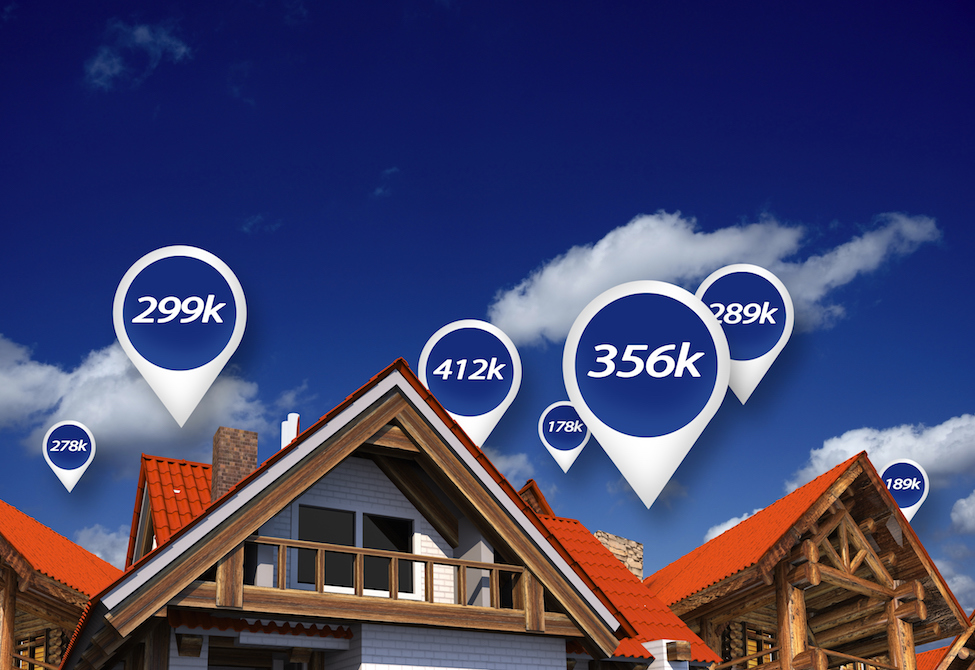Published July 28, 2023
How do I determine the right asking price for my home?

How do I determine the right asking price for my home?
One of the most critical decisions when selling a home is setting the right asking price. An overpriced house can linger on the market, leading potential buyers to believe something is wrong with it. Conversely, pricing it too low may result in a quick sale, but at the cost of losing potential income. This article will guide you through the crucial steps of determining the ideal asking price for your home.
1. Understand the Local Real Estate Market
The real estate market fluctuates based on various factors such as supply and demand, economic conditions, and interest rates. Each local market will have its own nuances as well. Is it a buyer's market with an oversupply of homes? Or is it a seller's market, where demand outpaces supply? Understanding these dynamics can help inform your pricing strategy.
2. Research Comparable Sales
"Comps" or comparable sales refer to similar properties in your area that have sold recently, typically within the last three months. Look for homes similar to yours in size, age, condition, and features. These will give you a ballpark figure of what buyers are willing to pay for a home like yours. Keep in mind that final sale prices, rather than listing prices, are the most accurate reflection of the market.
3. Consider the Unique Features of Your Home
While comps provide a good starting point, unique features can influence a home's value. A renovated kitchen, a large backyard, proximity to amenities, or an additional bathroom might make your property more appealing than similar homes. Conversely, features such as old roofing or lack of parking could potentially lower its value.
4. Hire a Professional Appraiser
Appraisers provide an objective, unbiased evaluation of your home's worth. They consider the condition of the home, local market trends, comps, and various other factors. While there is a cost associated with this service, having a professional appraisal can be a valuable tool when setting your price.
5. Consult with a Real Estate Agent
Real estate agents have their fingers on the pulse of the local market. They can provide insight into market conditions, buyer trends, and comps that might not be publicly available. Their experience and expertise can be instrumental in setting a competitive and realistic asking price.
6. Adjust According to Market Feedback
If your home is attracting a lot of interest but no offers, or if potential buyers are consistently offering less than the asking price, these could be signs your home is overpriced. Be prepared to adjust your price according to market feedback.
Determining the right asking price for your home is more of an art than a science. It requires a sound understanding of the local market, careful consideration of your home's unique features, and ideally, advice from real estate professionals. Remember, setting the right price from the outset can be the key to a successful and profitable sale.
John Paulus is a licensed Real Estate Broker in Georgia





